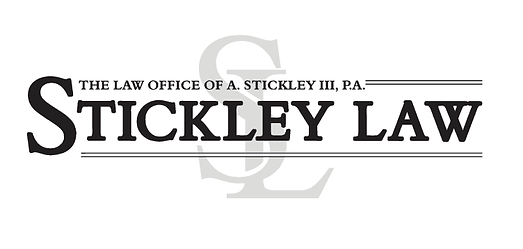The Importance of Choosing a Guardian
Choosing a guardian for your children is one of the most significant decisions you can make as a parent. It offers peace of mind, knowing your children will be well cared for by someone who shares your values and long-term vision. Despite its importance, many parents postpone selecting a guardian, which can result in legal uncertainties and complications if unforeseen circumstances arise. Adding to this complexity are numerous myths surrounding guardianship, which can make the decision seem more daunting than it is.Myth: Guardians Must Be Family Members
It's a common misconception that a guardian should be a family member. However, the suitability of a guardian is not defined by blood relation but by the ability to provide a nurturing and stable environment. You might choose a close friend, mentor, or any trusted individual who aligns with your parenting philosophy and values.Myth: A Guardian Should Have the Same Financial Standing as You
Another myth is that a guardian needs to have a similar financial situation as you do. Financial standing isn't a prerequisite for guardianship. Estate planning tools like trusts and life insurance can provide the necessary financial support for your child's upbringing, ensuring that your financial situation remains unhindered.Myth: Naming Multiple Guardians Adds More Security
It might seem intuitive that appointing co-guardians offers additional security, yet it often leads to conflicts, especially if the individuals live apart or have differing parental styles. Instead, name a primary guardian and a backup, which can offer more consistent and straightforward care for your children.Myth: Once Chosen, a Guardian Is a Permanent Decision
Life circumstances change, and so too can your choice of guardian. It's essential to periodically review your guardianship decisions to ensure they reflect current relationships and situations. Adjust your decision as needed to maintain the best arrangements for your children.Myth: Verbal Agreements Are Enough
While verbal agreements regarding guardianship might seem sufficient, they hold no legal weight without formal documentation. To ensure your wishes are honored, include a written will or legal documentation, thus preventing possible disputes or unintended outcomes.Choosing a guardian is a deeply personal decision, and though it may feel overwhelming, it is manageable. Start by discussing your wishes with potential guardians and seek legal advice to make your decision binding. Taking this crucial step will help ensure a secure future for your children.

